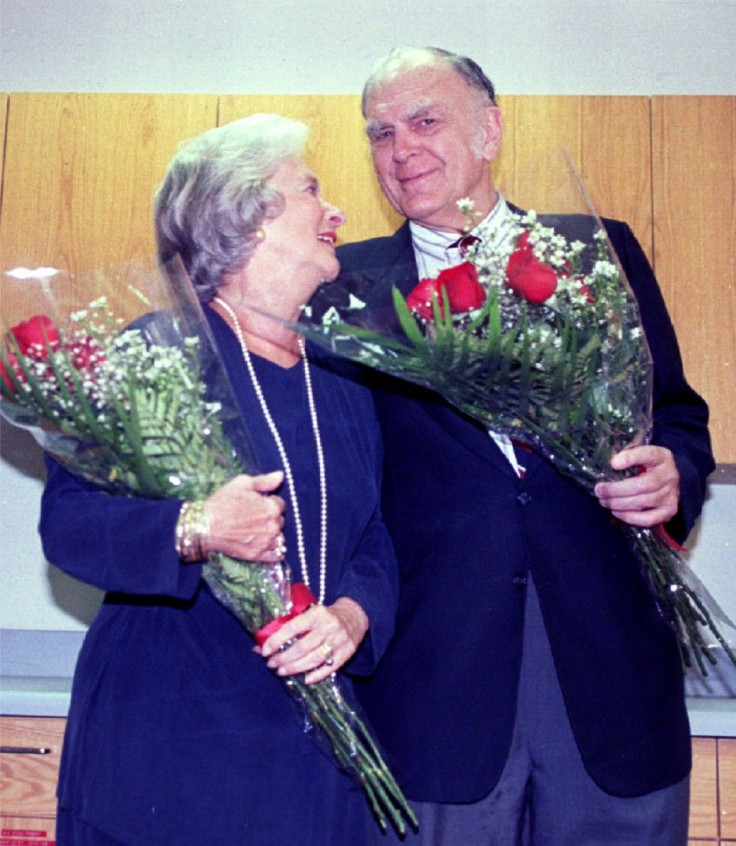F. Sherwood Rowland, Nobel Prize Winner For Global Warming Discovery, Dies at 84

The man who sounded early alarm bells about ozone depletion and global warming passed away on Saturday in his California home. F. Sherwood Rowland, known to family and friends as Sherry, was 84. He died of complications from Parkinson's disease, the Los Angeles Times reported.
Rowland achieved international recognition when he and two other researchers won the Nobel Prize in chemistry in 1995. This was about 20 years after he had first alerted the scientific community to the dangers of CFCs, the man-made chemicals used in many household products like aerosol cans, cooling devices and fuels.
Rowland was born in Delaware, Ohio in 1927. He was an exemplary student, accelerating through his coursework and graduating high school before turning 16. He went on to enlist in the Navy, hitchhike across the country and earn a PhD in chemistry from the University of Chicago.
In 1973, Rowland received funding to study atmospheric chemistry and teamed up with Mario Molina, a postdoctoral research associate who had recently earned his PhD at the University of California Berkeley.
I also included in the proposal a new direction: what would eventually happen to the chlorofluorocarbon compounds in the atmosphere? Rowland wrote in his Nobel Prize autobiography. Within three months, Mario and I realized that this was not just a scientific question, challenging and interesting to us, but a potentially grave environmental problem involving substantial depletion of the stratospheric ozone layer.
Rowland and Molina first published their findings in the journal Nature in 1974. But for almost 15 years, their peers in the scientific community rejected the implication that chlorofluorocarbons could lead to the end of the world as we knew it. Labeled as alarmists, Rowland and Molina faced frequent opposition and hostility on numerous occasions when they discussed their findings.
Rowland credited his wife, Joan, and his two grown children for their support during those challenging times. [Joan] quickly became quite conversant with the general scientific aspects of ozone depletion, and has been a knowledgeable and trusted confidante through all of the last two decades of ozone research, he wrote. [My children] Ingrid and Jeff, too, have maintained close contact and support during those often controversial years.
By late 1980s, when a hole in the ozone was discovered over Antarctica, many had begun to take Rowland's work very seriously.
In response to growing concerns, the Montreal Protocol was signed in 1987 and put into effect in 1989. It has now been ratified by 197 signatories. It calls for a continuing drawdown on the production of harmful halogenated hydrocarbons, and has been lauded by former U.N. Secretary-General Kofi Annan as perhaps the single most successful international agreement to date.
In 1995, Rowland was awarded the Nobel Prize for chemistry along with Molina and another atmospheric scientist named Paul Crutzen, who had laid some of the foundations for Rowland's work.
At the Nobel ceremony in Sweden, Professor Ingmar Grenthe of the Royal Swedish Academy of Sciences explained the importance of Rowland's work. You have... not only created a clearer understanding of fundamental chemical phenomena, but also of the large-scale and often negative consequences of human behavior, he said. In the words of Alfred Nobel's will, your work has been of very great 'benefit to mankind.'
Rowland is survived by his wife, two children and two grandchildren.
© Copyright IBTimes 2024. All rights reserved.






















